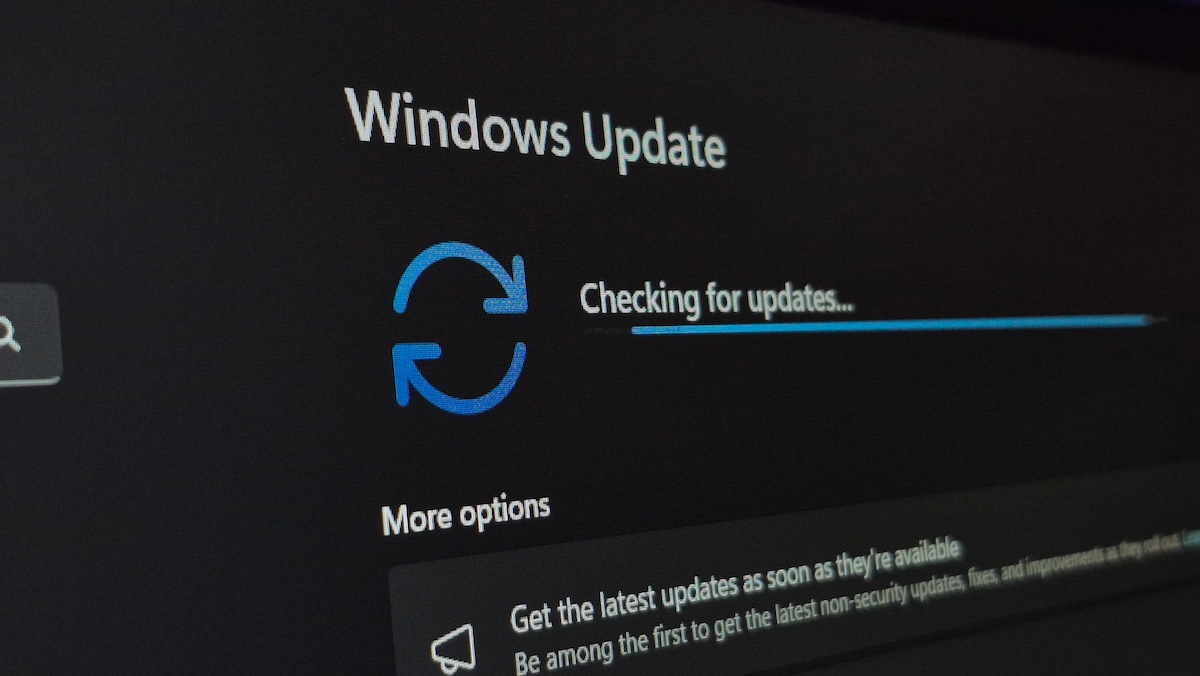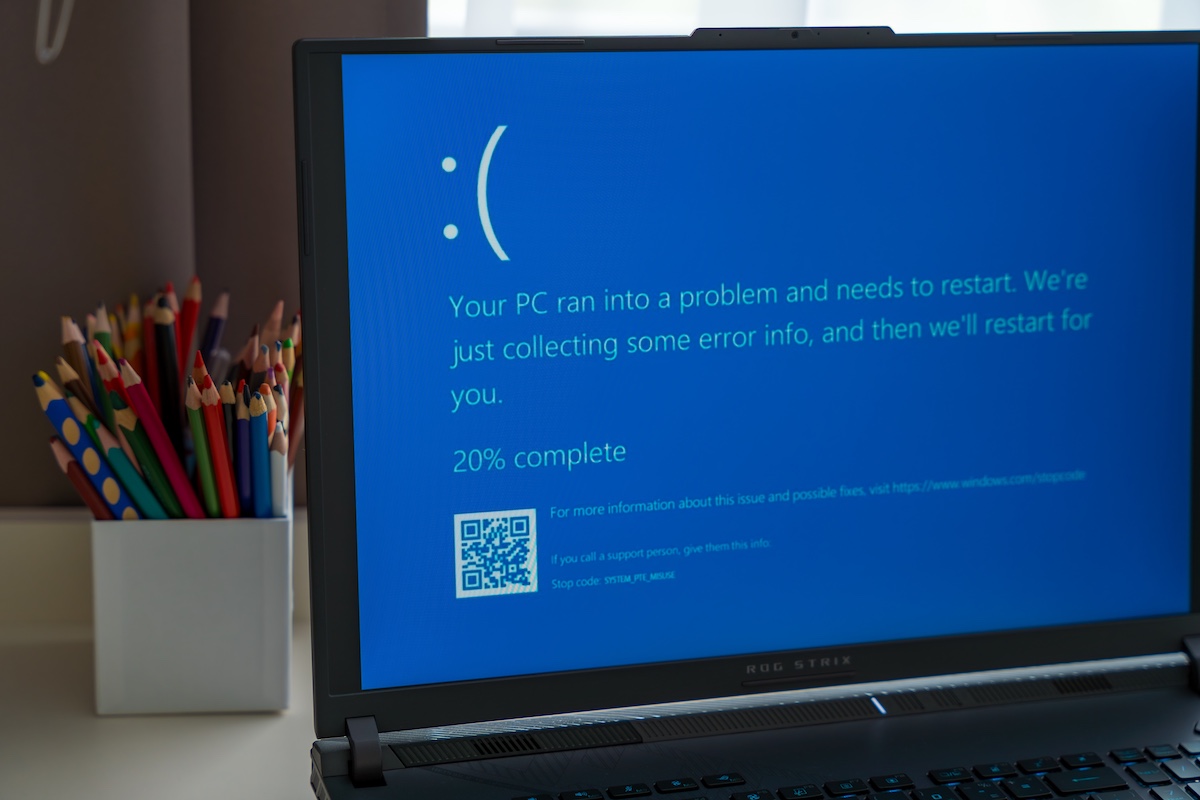System updates rarely arrive at a convenient time. You are in the middle of a busy week and that restart prompt feels like a distraction. It is easy to click “remind me later.” It’s easy to assume updates are optional, especially when everything seems to be working fine.
Do it often enough and slight delays can turn into big problems. Skipping system updates puts your business at risk in ways that are easy to overlook but expensive to fix. We’ll break down what system updates actually do and why delaying them can cost your business in security, performance, and productivity.
What are system updates?
System updates are routine patches and improvements released by software and operating system providers. They are essential maintenance, not optional enhancements. They’re designed to:
- Fix security vulnerabilities
- Improve performance and stability
- Add new features or compatibility
- Patch bugs and glitches
Why Systems Updates Matter
System updates do more than add features. They close security gaps, improve performance, and keep your tools compatible with each other. Vendors release patches as they discover issues. These patches are the front line of defense for your devices, servers, and applications.
Many businesses delay system updates because they fear disruption or don’t want to interrupt employees. While understandable, the risks of not updating far outweigh the inconvenience. Emergency fixes, after-hours recovery work, consultant fees, and lost opportunities usually cost far more than a planned update window.
The Risks of Skipping Updates
Security holes that attackers already know about
The most critical reason to install system updates is security. Most ransomware and malware campaigns target vulnerabilities that already have available patches. Hackers actively search for outdated systems because they know exactly how to exploit them.
When a vulnerability is discovered, software vendors release an update to patch it. If your systems are behind, attackers do not have to work very hard. A missed update can give them a direct path to your network, your data, and your customers. If you skip that update, you’re knowingly leaving a weakness exposed.
More downtime and lost productivity
System updates help your technology run the way it was designed to. They often include performance improvements and stability fixes that keep your systems reliable. When those updates are ignored, minor glitches start turning into bigger issues.
Outdated systems crash more often, slowing down your team’s workflow and creating unnecessary frustration. If your computers are running slow, freezing during tasks, or crashing regularly, outdated software is likely the reason. Over time, these problems lead to lost productivity. Slow logins, failed print jobs, broken add-ins, and random reboots may seem minor on their own, but they stack up fast.
Eventually, what could have been a quick update becomes a full-blown outage requiring emergency support. Productivity drops, frustration rises, and employees spend more time waiting on technology than getting their work done. And when downtime hits, it’s always more expensive to fix the problem after the fact than it is to prevent it through proactive maintenance.
Compatibility issues with other tools
As other software and applications update, your outdated systems may no longer integrate properly. This causes:
- Failed installations
- Broken integrations
- Inability to use new features
- Errors when opening modern files
Skipping system updates can create a ripple effect that breaks processes across your business.
Data loss and corruption
Skipping storage, database, or operating system patches increases the odds of file corruption. If a device fails during an update you postponed for months, recovery gets harder. Without recent backups, you may lose critical information for good.
Compliance and audit issues
Many frameworks require timely patching. If you handle financial, health, or personal data, auditors will ask for proof of regular updates. Falling behind can lead to findings, fines, and extra scrutiny from customers and partners. Even without formal regulations, customers expect you to protect their data. Running outdated systems sends the message that security isn’t a priority.
System updates are a critical part of protecting and maintaining your business. When ignored, they open the door to cyber threats, performance issues, and downtime that disrupts your team. At GSD Technologies, we handle system updates proactively so you don’t have to think about them. We make sure your technology stays secure and stable. Our team can schedule updates after hours and ensure they’re done safely and correctly.
Share



